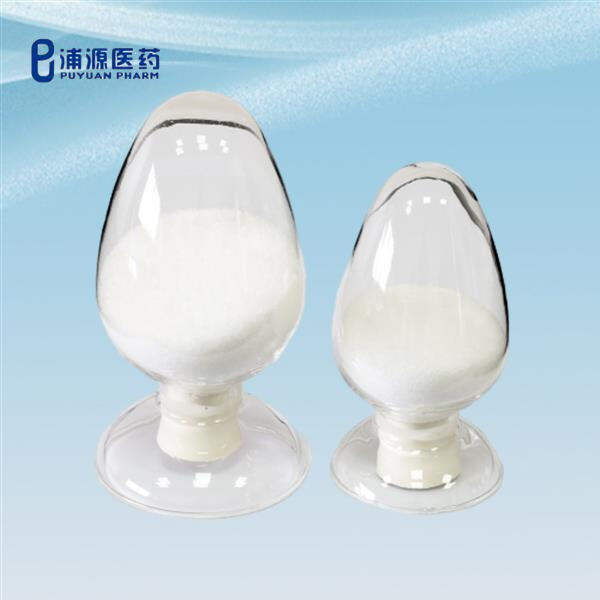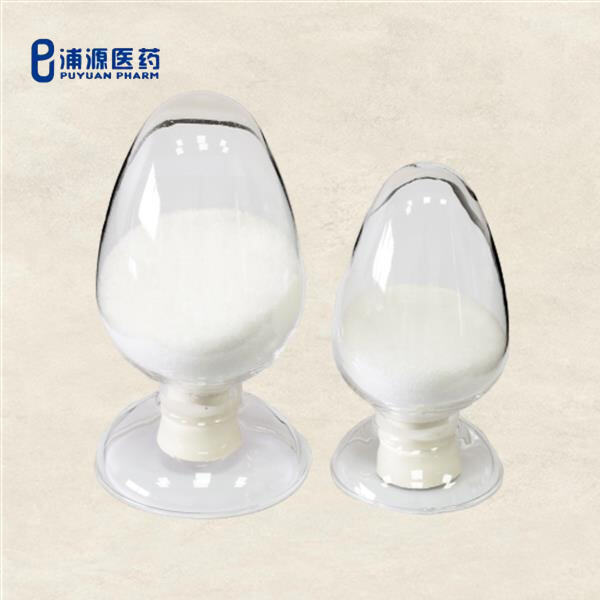DCOIT in food contact material preservatives is an interesting subject because this is one way our food is safe to eat for longer periods of time. HOW DOES DCOIT PROTECT FOOD CONTACT MATERIALS?
The chemical is 4,5-dichloro-2-n-octyl-4-isothiazolin-3-one, known as DCOIT, and is used widely in food packaging to help fight bacteria and fungi. With its powerful antimicrobial activity, it is a suitable preservative agent in food contact materials.
DCOIT prevents microbe growth on the surface of food packaging, such as plastic containers and wrappers. Because it inhibits the growth of mold, yeast, and bacteria, DCOIT helps to preserve the freshness and integrity of food products stored in or on these materials.

While DCOIT is an effective preservative, it has also been the subject of question as to its safety in food contact materials. Researches have found that if people are exposed to high levels of DCOIT for a long time, it will lead to erythema in the skin and other health problemes. Therefore, a thorough monitoring is carried out on the DCOIT use in food contact materials by regulatory bodies such as the Food and Drug Administration (FDA) to guarantee its safety for consumers.

However, being effective in reducing microbial contamination, DCOIT is still a crucial antimicrobial agent for food contact material preservation, despite safety concerns. It’s widely used by manufacturers in conjunction with other preservatives to form a defense fortress around food packaging materials.

By suppressing the growth of mold, yeast and bacteria, DCOIT serves to prolong the shelf life of food stored in packaging materials. So consumers can enjoy fresher and safer food that lasts longer, the food waste can be reduced and money can be saved.